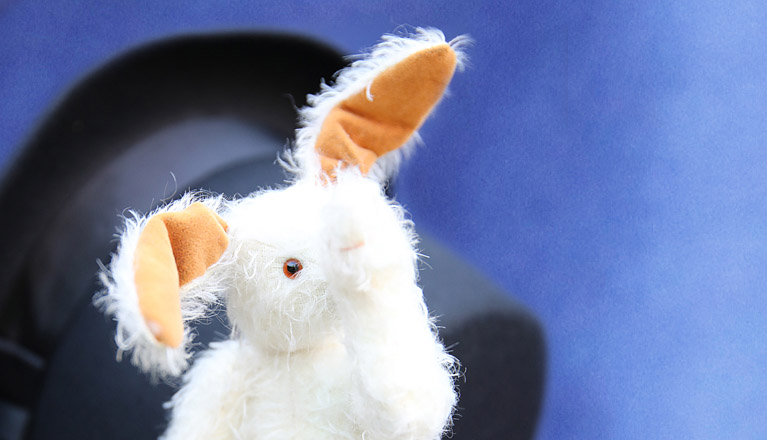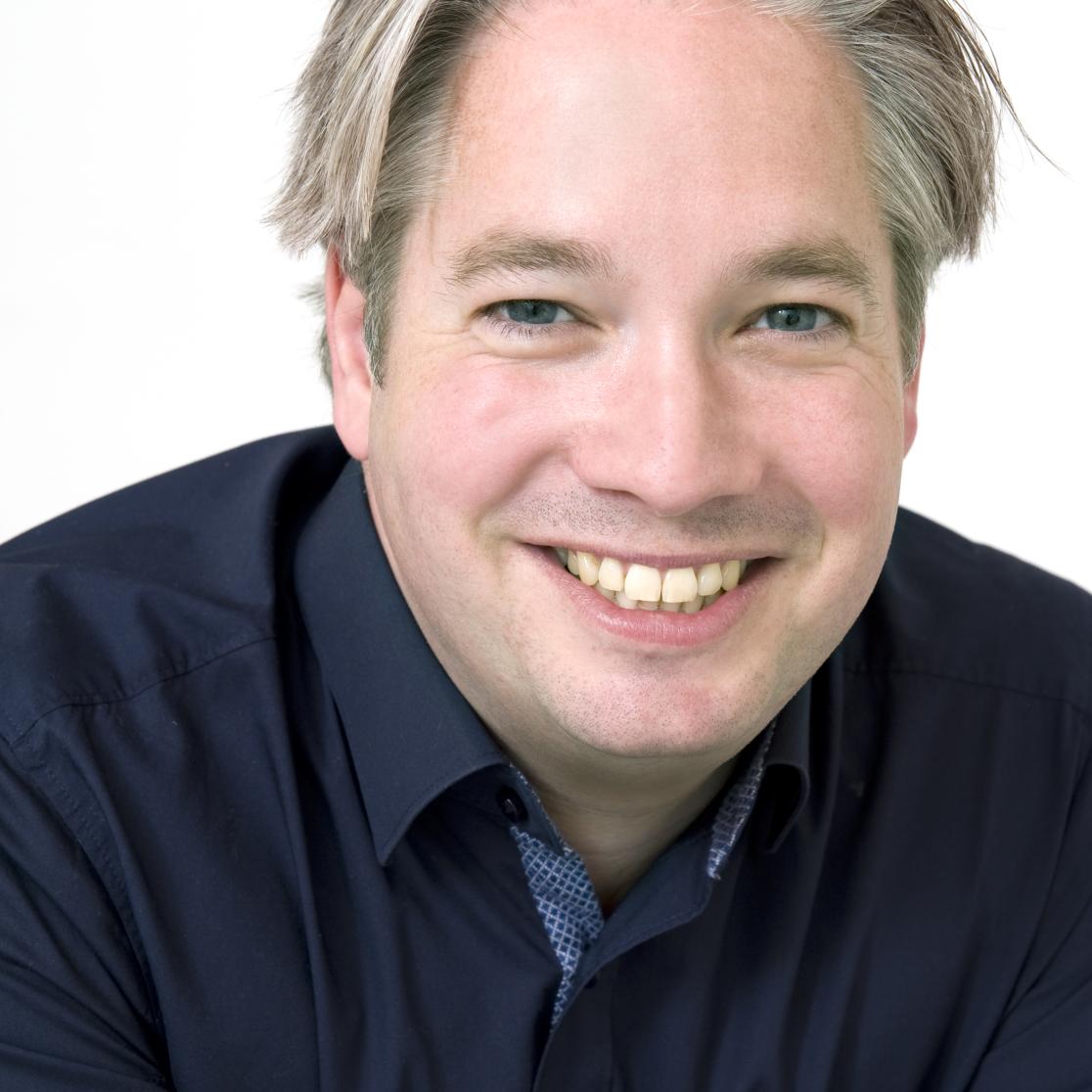What can you do with basic research?
Valorisation, also known as knowledge utilisation, is becoming ever more important. What many researchers don’t yet realise is that it is also lucrative. And not only in terms of making money, explain Henri Theunissen and Ivo George from the Brightlands Maastricht Health Campus (MHC) and the Knowledge Transfer Office (KTO). They help academics to give their knowledge added value.
It’s something Theunissen, chief valorisation officer at UM and the MHC, sees a lot: “Researchers produce a great deal of knowledge, but spend too little time thinking about whether it might have further value. As a result they miss out on all sorts of opportunities.” Valorisation refers to the creation of economic and societal value from knowledge; think of patents, licensing, startups or research collaborations. Its importance is obvious, according to Theunissen: “It makes researchers better. The money earnt is pumped back into the research, and the process often leads to new insights for further research.”
Unknown is unloved
The MHC and the KTO guide researchers in commercialising their knowledge. The KTO is located on the Brightlands campus, a breeding ground for collaboration, innovation and startups. There are ample examples of successful valorisation, Theunissen says, especially in the life sciences. Take Pharmacell, now a leading producer in cell therapy and regenerative medicine, which has been acquired by the Swiss multinational Lonza. Or the recent deal with MDX Health, a listed company that collaborates with the Maastricht UMC and has moved its office from Herstal (Belgium) to the Brightlands campus.

By contrast, there are few examples in the humanities and social sciences (besides GRESB, a startup for sustainability benchmarking in real estate). “Making money in those areas has long been taboo,” says George, business developer for the humanities and social sciences. His explanation: unknown is unloved. “People think it’s just about the euros, the economic value. But value creation is much more than that – think of things like exhibitions or media appearances.”
Comfort zone
The main challenge, the pair says, lies in raising awareness. Theunissen: “Researchers need to think more entrepreneurially. That’s not to say they have to become entrepreneurs themselves. They just need to keep their eyes open during the research process for potential applications of their work.” The MHC and the KTO help by offering interfaculty courses on knowledge utilisation. George: “We’re trying to draw them out of their comfort zone and get them to consider the value of their knowledge from a different perspective. To take off their research glasses for a moment. Who are other potential stakeholders and target groups?”
Knowledge exploitation is the next step: exploring whether the potential applications of an idea are commercially interesting. “We might develop the idea further into a startup, say, or a deal with an existing company”, Theunissen explains. “And only then does it really begin: the search for investors, setting up a management team. We facilitate all that as well. The campus is the ideal place for this – a science-business ecosystem where companies can work together.”
Measuring value
Determining the potential value of knowledge is, of course, no easy matter. “In the early stages of research it’s impossible to measure, as so much is still unclear. It’s basically a matter of feeling around for commercial opportunities. Could an idea lead to a new drug or medical test?” Timing, too, is crucial. Could the knowledge become valuable in the future? Theunissen himself previously studied retroviruses, back when the applied value of such research was far from clear. “Then the AIDS virus was discovered, and all the knowledge accumulated up to that point was used in the development of a drug to fight it.”

Ivo George (1979) studied business and held various positions in the employment and banking sectors. In 2010 he joined Eindhoven University of Technology to guide staff and students in the valorisation process. He has been business development manager at UM since 2014, focusing for the last year on the humanities and social sciences.
In basic research, such applications are rarely obvious. So is this type of research threatened by the push for valorisation, which is associated with maximising utility and returns? There is no danger here, Theunissen thinks, as long as the government continues to value quality research. “Scientific research shouldn’t be focused a priori on applications. That will eventually hollow the research out.” Yet it is difficult to prevent this from happening: “The problem is that people hold universities and funding bodies like the NWO and the STW responsible for valorisation. This is counterproductive, and means these bodies are now in competition with one another because they set all kinds of preconditions and demand revenue or even intellectual property.” To make matters worse there are, in his view, too few people in government capable of understanding the potential impact of different disciplines.
Parochialism
Ultimately, the notion of valorisation retains a sense of the unpredictable. “You never know exactly where innovation will arise”, George says. “But it can be enforced strategically”, replies Theunissen. Innovation often arises at the interface between disciplines. “Researchers tend not to be aware of this either. There’s a lot of parochialism. Academics communicate too little with their peers in other areas.” Crossovers are one way of remedying this. Theunissen gives the example of the collaboration between the MHC, which is focused on health and life sciences, and Chemelot, a campus for chemistry and materials. “We test here the biomaterials that are developed there, such as plastics for knee prostheses. And that’s how you arrive at regenerative medicine, currently one of the top areas for innovation.”
Also read
-
Flour, family, and forward thinking: the evolution of Hinkel Bäckerei
In the heart of Düsseldorf, the comforting aroma of freshly baked bread has drifted through the streets for more than 130 years. Since its founding in 1891, Hinkel Bäckerei has evolved from a small neighborhood bakery into a cherished local institution.
-
The University Fund Limburg's new Annual Fund Campaign is live!
Every year during the holiday season, the UM community comes together to uphold a special tradition: supporting projects that contribute to a healthier, fairer and more sustainable society. Will you join us?
-
A new wave of talent emerges from the School of Business and Economics
On Sunday, November 30, 2025, the Maastricht University School of Business and Economics (SBE) proudly celebrated the achievements of over 1,461 graduates from both bachelor’s and master’s programs. The festive ceremony took place at the MECC Maastricht and marked a significant milestone for the SBE